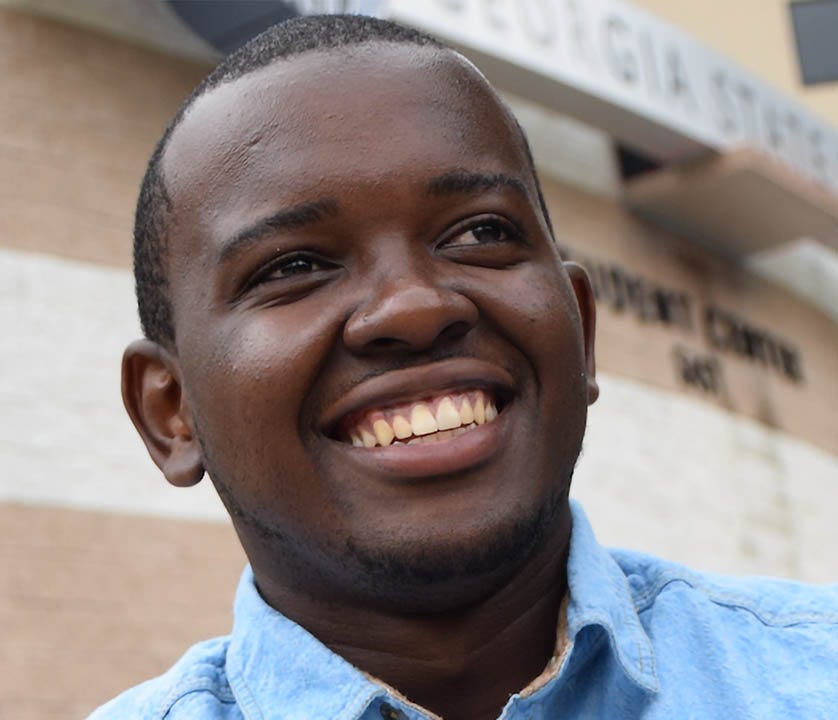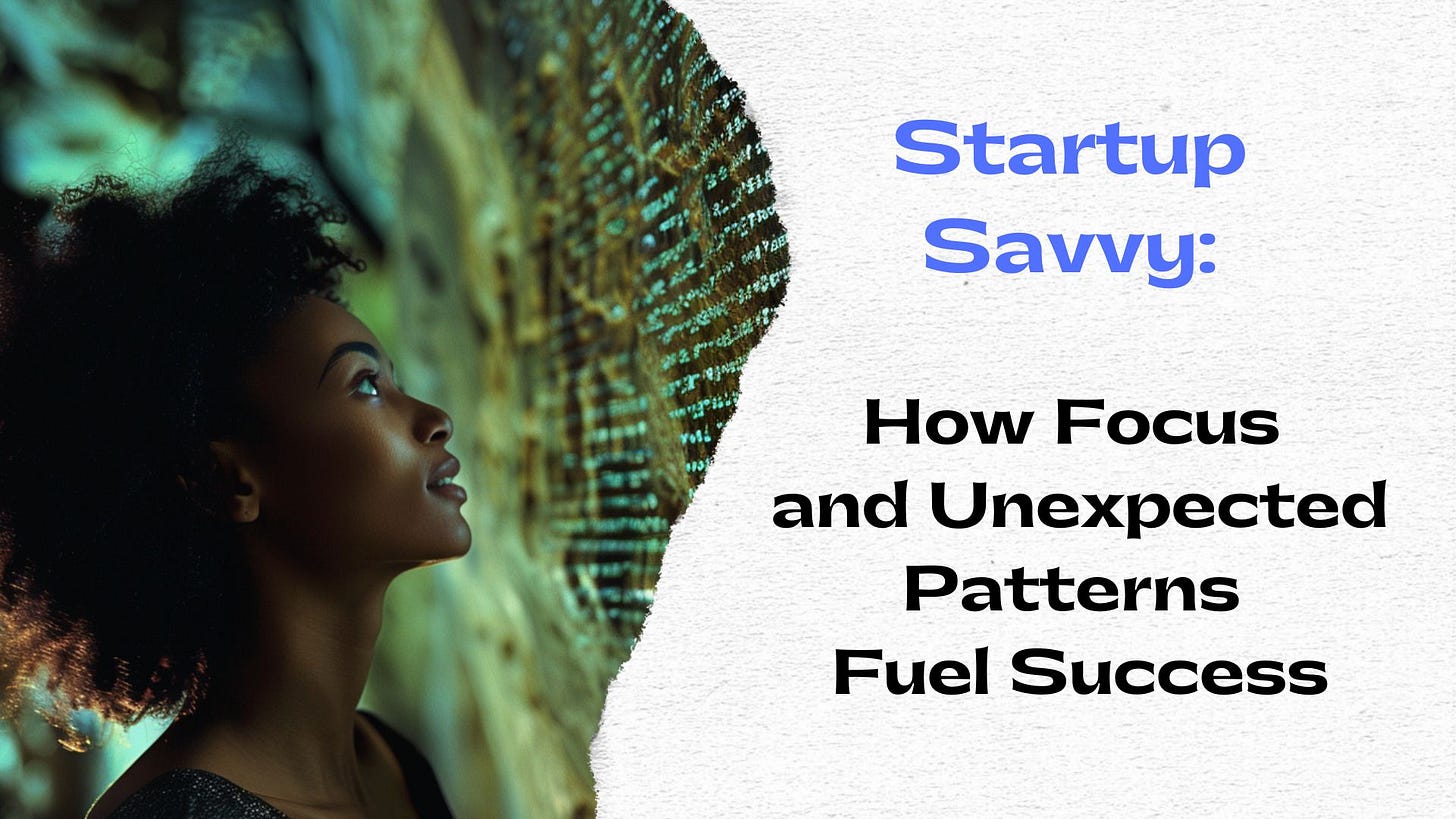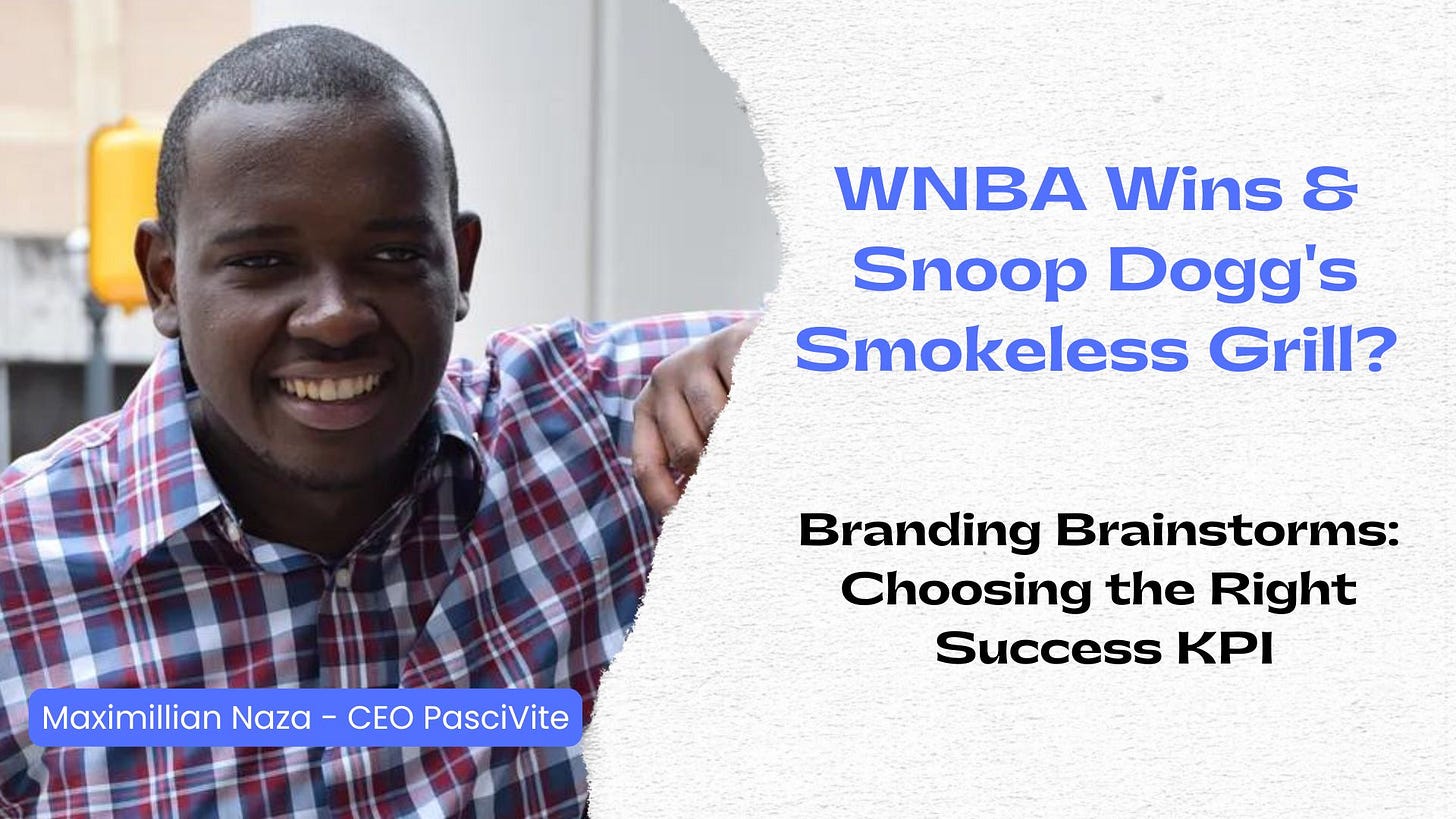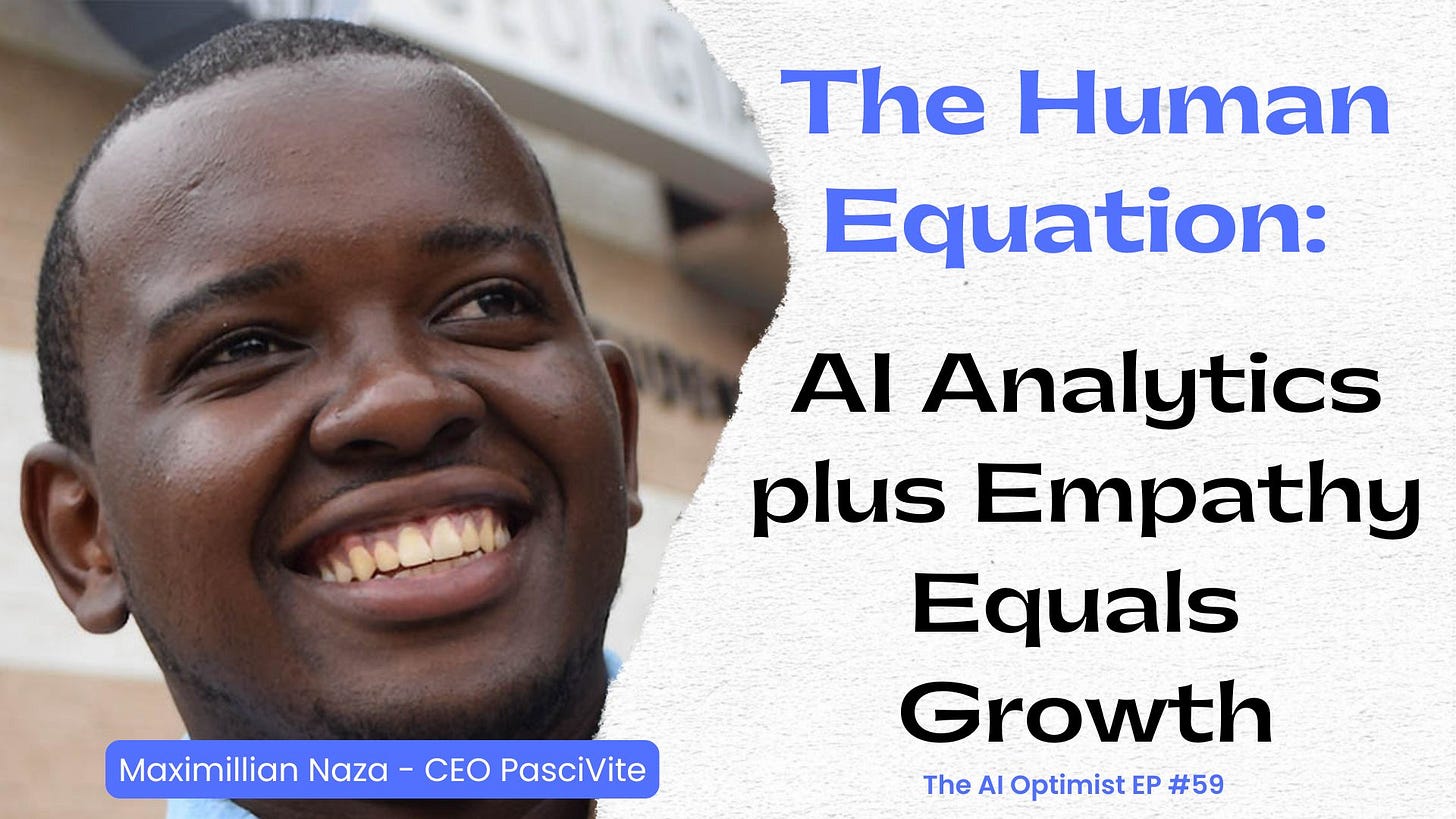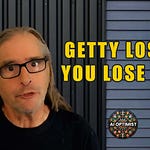The Human Equation: How One Young Entrepreneur Blends Data and Empathy for Explosive Growth
In the bustling world of startups and tech innovations, it's easy to get lost in the sea of data, algorithms, and AI-driven strategies.
But what if the secret sauce to success isn't just in the numbers, but in the people behind them?
Enter Maximillian Naza, the engineer turned entrepreneur who's rewriting the rulebook on how to build thriving businesses in the age of AI.
Maximillian's journey from side-hustle dreamer to full-blown business empire builder is a testament to the power of blending data-driven insights with a deeply human-centric approach.
As the CEO of PasciVite and founder of Hope Records (dubbed the Y Combinator of music), Maximillian has cracked the code on a formula that's as simple as it is revolutionary: AI Analytics + Empathy = Growth.
Let's dive into Maximillian's world and discover how he's helping entrepreneurs, creatives, and small businesses navigate the often-confusing landscape of AI and data-driven decision making.
Part 1: Data Doesn't Lie, But People Matter More
Maximillian's philosophy on being data-driven started to combat his tendency to overthink.
"Being data-driven became a bit of an equalizer," he explains. "Because I'm whatever, but this is what the data is saying."
However, he quickly learned that relying solely on data wasn't enough.
"Early on, my approach was data or nothing," Maximillian admits.
"And then I would make decisions off of the data and then not get the necessary, the expected outcome. And there was a bit of a disconnect there."
This realization led Maximillian to develop a more nuanced approach. He learned two crucial lessons:
Validate your data:
"If you're making a decision off of bad data, it doesn't really matter what you're doing. It's just not going to work out."
Marry data with reality:
"Data gives you insights. Reality gives you context.
And by marrying the both of them, you get the full picture, which is priceless."
Maximillian illustrates this point with a hypothetical scenario about movie releases.
Imagine you're planning to release a drama in the fall of 2005. You look at historical data from 2000-2005 and 1995-2000.
The data shows dramas performing well in the fall, except for a significant dip in September 2001.
Without context, you might conclude it's safe to release your drama in September. But when you factor in the reality of the 9/11 attacks, you realize that September 2001 was an anomaly.
"That's the reality that when matched with the data, helps you kind of create a picture that makes sense," Maximillian explains.
This human-centric approach to data is at the core of Maximillian's success. He emphasizes,
"Algorithms are important, but they should never take precedent over the human factor.
Or for the people, because ultimately, those are the folks that you're targeting."
In a world obsessed with "gaming the algorithm," Maximillian offers a refreshing perspective:
"Maybe there's a better way to say this, but you should be trying to game the people.
It's like people, algorithms, data, however you want to rank it, the people are always first."
Part 2: Startups, Focus, and the Art of A/B Testing
Maximillian's work with startups has given him unique insights into how young companies can leverage data without losing sight of their human customers.
His approach is all about identifying what's working and helping companies do more of it.
"We deal with a lot of startups," Maximillian says.
"And those startups have limited resources.
So where we've found our niche or where we've been able to kind of get great success is identifying what's working and communicating that so that the company can just do more of it."
He gives an example of social media strategy.
A company might be putting out various types of content across multiple platforms, but the effectiveness varies.
Maximillian's team helps identify these patterns and focus the company's efforts where they're most likely to succeed.
"When it comes to video, focus on LinkedIn for now," he might advise a client.
"You'll get more bang for your buck. So focus on this."
But Maximillian's approach isn't just about following the data blindly.
He recognizes that there are very few instances where everything a company is doing is wrong.
Instead, he looks for the right message or the right audience.
"It's either wrong messaging or wrong ICP (Ideal Customer Profile)," he explains.
"So you have the right message, but you're talking to the wrong people, or you have the right people, but your messaging isn't right."
Maximillian's advice for startups boils down to two key points:
Focus: "You don't have to A/B test as much as you think."
Be adaptable: "When you're first to market, you have to pivot. You have to be adaptable."
He encourages founders to avoid the trap of trying to exhaust every possibility before deciding.
"You don't need to try everything to know what the right thing is for you," he says.
"It comes down to asking the right questions."
Maximillian's approach to A/B testing is refreshingly practical.
"A/B test to try to identify a pattern," he advises.
"And then once you identify a pattern or
once a pattern starts to define itself, double down."
Part 3: Branding, KPIs, and the Smokeless Grill Saga
Maximillian's expertise isn't limited to startups. His work with established brands like the WNBA demonstrates his ability to navigate complex marketing landscapes.
When discussing his partnerships with the Las Vegas Aces and Los Angeles Sparks, Maximillian emphasizes the importance of choosing the right Key Performance Indicators (KPIs) for each situation.
"Everything we do, obviously the goal in mind is to get revenue, get leads," he explains.
"But then not everything will provide a lead right away.
So in the case of sports, it's a brand awareness play."
This nuanced understanding of KPIs leads Maximillian to an intriguing case study: Snoop Dogg's collaboration with Solo Stove, a smokeless grill company.
Despite not being involved with the campaign, Maximillian uses it as a perfect example of how measuring the wrong things can lead to misinterpreted results.
The campaign, which featured Snoop Dogg humorously announcing he was "giving up smoke," generated massive buzz.
However, reports suggested that the CEO of Solo Stove lost his job because the campaign didn't drive up enough sales.
Maximillian sees this as a potential misunderstanding of the campaign's true value.

"The campaign was a success," he argues. "I mean, there's just no... because most people wouldn't know who Solo Stove was. Now they do."
He points out several factors that might have influenced the sales numbers:
Timing: The campaign launched late in the year when most people had already made their grill purchases.
Lack of new product: There wasn't a new grill announced alongside the campaign.
Brand awareness vs. immediate sales: The campaign significantly increased brand recognition, which could lead to future sales.
"Right now if somebody was to ask me, I didn't even know smokeless grills were a thing,"
Maximillian says. "So, if someone's asked me.
'Oh, yeah, like, I want to get a grill, but I'm worried about smoke.'
'Oh, yeah. Check out this Solo Stove.'
Versus before... I was like, I don't know, why are you asking me?"
This example perfectly illustrates Maximillian's holistic approach to marketing and branding.
He understands that success isn't always measured in immediate sales, but in long-term brand building and awareness.
The Human Touch in a Data-Driven World
Maximillian Naza's journey from engineer to entrepreneur is a masterclass in blending data-driven strategies with human-centric thinking.
His approach offers a beacon of hope for businesses struggling to find their footing in the age of AI and big data.
"We only win when you win," Maximillian says, summing up his philosophy.
"We could have the greatest campaign in the world.
We could build the greatest app.
But if you're not happy with it or it doesn't drive the
expected outcome, we might as well have done nothing."
In a world where it's easy to get lost in the numbers, Maximillian reminds us that at the heart of every successful business are people – both the customers we serve and the teams that make it all happen.
By keeping this human equation at the forefront, he's not just building successful businesses; he's paving the way for a more empathetic, effective approach to entrepreneurship in the digital age.
For those looking to follow in Maximillian's footsteps, his message is clear: embrace the data, but never forget the humans behind it.



